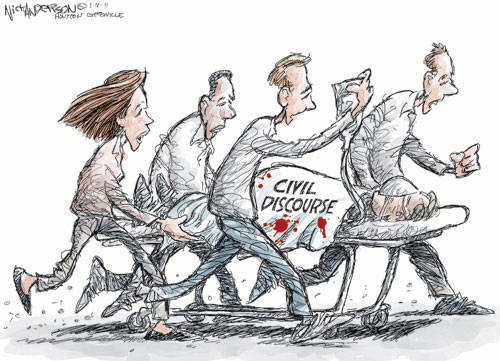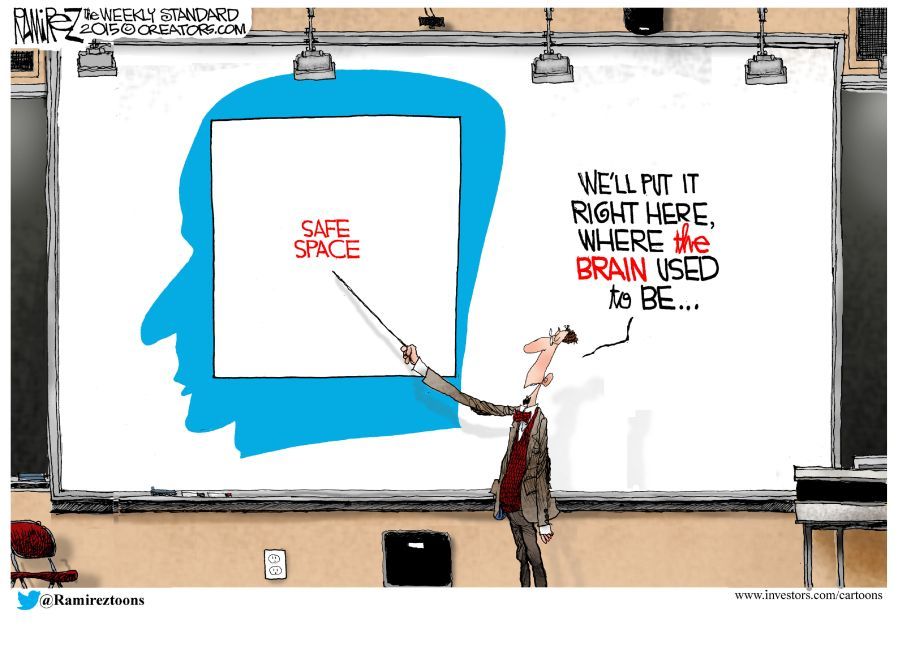
February 2019: Virginia Governor Ralph Northam is exposed for wearing blackface in a decades-old college party photo. He lies by saying it’s not him. Lawmakers, media members and others blackguard him and demand his resignation. He refuses.
Fast-forward ten and a half months. The governor has yet to admit that he lied about the photo. Instead, he’s been busy offering newly enlightened confessions like this:
“I’ve had to confront some painful truths,” he confessed at an event in Hampton, VA, commemorating the arrival of the first African slaves in North America. “Among those truths was my own incomplete understanding involving race and equity.”
The governor is woke.
Like Ebenezer Scrooge, he doesn’t know anything. He never did know anything. But now he knows he doesn’t know anything. And like Scrooge, he seems determined to make amends—not for greed and selfishness—but for a wasted life of white-privileged ignorance.
White lightning
The governor has not been idle. He’s spoken at racially significant sites, sought counsel from black leaders, and announced initiatives to advance racial justice. He hired a state director of diversity, equity and inclusion. And he established a commission to root out “racist” language from Virginia’s Jim Crow-era laws.
He also ordered expanded access to state contracts for women- and minority-owned firms and created a commission to recommend reforms for how black history is taught in Virginia’s public schools.
And he recently proposed an array of programs for minority communities. These include free community college for low- and moderate-income students, expanded prekindergarten for at-risk and disadvantaged children, and more funds to reduce “maternal mortality” among women of color.
These measures are meant to be compassionate and kind. My purpose is not to denigrate them, but to illuminate the differences between genuine repentance and honesty and artificial equity and wokeness.
That said, the governor still hasn’t fessed up about his big lie. Why would he? In our woke world, lying about being in blackface in a college photo is not a sin worthy of repentance. In truth (subjectively speaking), it’s not a sin at all.
The sin is wearing blackface—no matter the era, time or place. And for this sin, there’s only one path to forgiveness. It begins with an awakening.
In a culture where right and wrong are absolutely subjective and subject to the greater good, waking to one’s white privilege—and all that entails—is what matters most. Just ask The Washington Post.
Wrong is right and woke is dope
WashPo political columnist Karen Tumulty tweeted this today:
Back when a racist photo first surfaced in his medical school yearbook, most Va lawmakers, our editorial page (and yours truly) said @GovernorVA should resign. We were wrong.
They were wrong all right, but not for the reasons given by WashPo’s editorial board in the piece she attached to her tweet.
They were wrong to demand that a once-acceptable party garb warrants resignation, and they were wrong for not holding the governor to account for lying about the photo. And now they’re wrong to call his words and actions “atonement.” Atonement requires confession and repentance, not legislation.
The governor was wrong for lying. He could’ve shown real leadership from the outset of his “scandal” by being honest and saying something like, “I thought it was okay back then. We all did. I now wish I hadn’t done it, but I’m not resigning over it. I’m sorry.
Ironically, the governor showed strength of a sort by refusing to resign—but for the wrong reasons. He could’ve demonstrated genuine moral strength by resisting the cancel culture practiced by The Washington Post and others.
Cancel-crazy woke warriors
In case you don’t know, “canceling” is a form of public shaming and a way to hold someone accountable for their subjectively wrong actions—in the governor’s case—wearing blackface decades ago at a college party.
The WashPo journalist is repenting of her and her paper’s call for the governor’s resignation not because he’s repented of a real sin, but because he’s showing the required signs of racial repentance by pursuing woke race-related measures.
Conversely, if the governor had been honest and resisted calls for his resignation—and the pressure to pursue forgiveness through a racial awakening and racial justice measures in his state, he’d still be a pariah.
Instead of hailing him as a penitent and newly converted social justice warrior, WashPo and their canceling cohorts would still be trying to run him out of office.
Reimagining virtue
It’s tempting to chalk all this up to hypocrisy. And there are plenty of people on Twitter doing just that. But I think it goes much deeper. I think journalists at The Washington Post and other true believers hold to this dogma:
Wearing blackface is always wrong and is one the deadliest of sins. But lying about it—as long as you’re working to achieve racial equity as a member of the preferred party—is permissible. It’s your works of atonement that count.
After all, social justice warriors can’t be troubled with honesty when fairness is the highest virtue in our brave new woke world.




